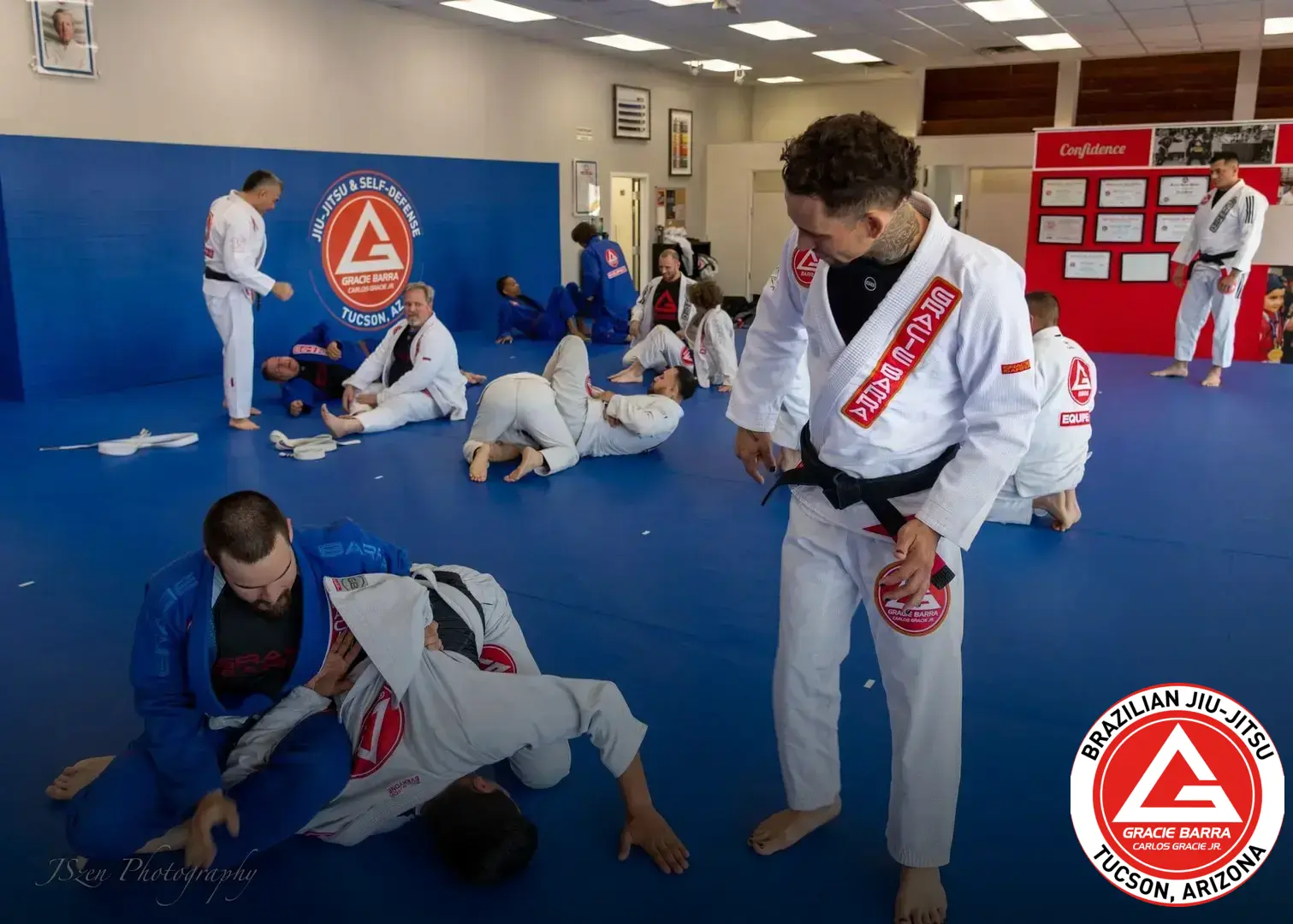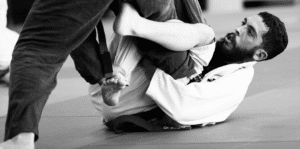Does gender matter in BJJ? While Brazilian Jiu-Jitsu is a martial art that aims to promote equality, there are still burning questions regarding the role of gender.
In this article, we delve into whether or not gender can influence your BJJ training and competitive success.
We’ll explore themes such as:
- The Role of Gender in Brazilian Jiu-Jitsu
- Men and Women’s Training Differences in BJJ
- How Gender Might Impact BJJ Competition Success
Join us in breaking down what truly matters on the mat.
Exploring the Role of Gender in Brazilian Jiu-Jitsu
Understanding the role of gender in Brazilian Jiu-Jitsu (BJJ) can be a fascinating journey. This martial art, which has been growing in popularity worldwide, offers a unique platform to examine traditional gender roles and stereotypes. Let’s delve deeper into this topic and see how gender plays a part in BJJ.
Does Gender Matter in BJJ?
Indeed, gender can play a role in Brazilian Jiu-Jitsu, but not in the way most people might think. BJJ is a sport that emphasizes technique over strength, making it accessible and enjoyable for both men and women. While physical differences between genders exist, they can be mitigated by the proper application of techniques.
Gender and BJJ Training
-
- Training Environment: A welcoming and respectful training environment is crucial for both genders. It encourages learning and growth, regardless of gender.
-
- Technique Application: While men might rely more on their strength, women often focus on perfecting techniques due to their physical attributes. This difference provides a unique dynamic in training sessions.
-
- Competitive Success: Success in Brazilian Jiu Jitsu tournaments is not determined by gender but by the individual’s skill, strategy, and determination.
Breaking Down Stereotypes
Brazilian Jiu Jitsu is an excellent platform for challenging and breaking down gender stereotypes. It proves that strength and physical prowess are not the sole determinants of success in martial arts. It emphasizes the importance of technique, strategy, and mental toughness, qualities that are not gender-specific.
Conclusion
Gender can influence the experience in Brazilian Jiu Jitsu, but it does not determine success. BJJ is a sport that values technique and mental fortitude over physical strength, making it an inclusive sport for all genders. Are you interested in experiencing this first-hand? At Gracie Barra Tucson, we offer a welcoming environment for everyone to learn and grow in BJJ. Book a FREE trial class and join us today!







